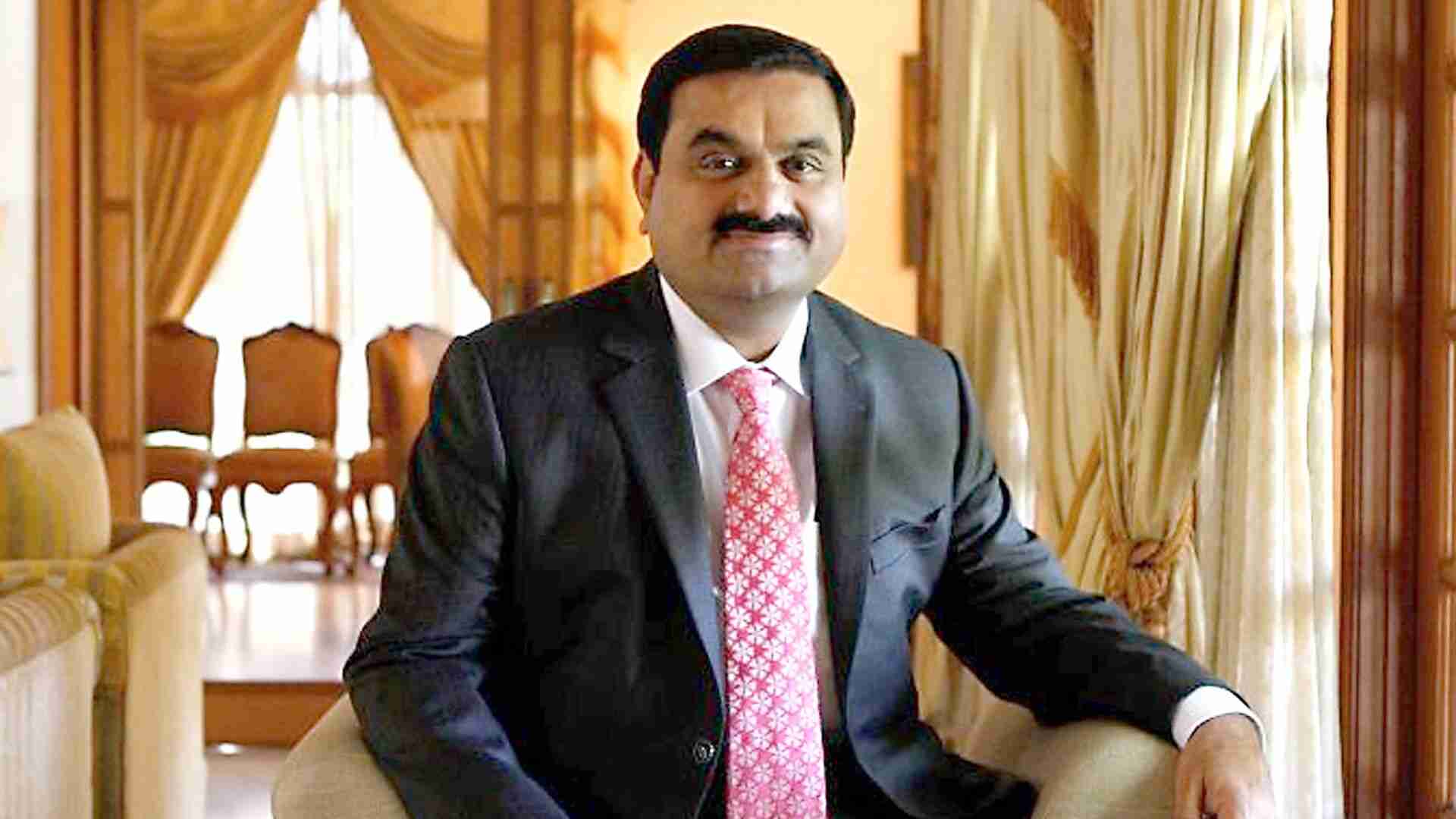
The world is advancing at a furious pace. Today, we are living in a world where there is tremendous pressure to perform, achieve and continuously reinvent ourselves. The terms ‘Quiet Quitting’, ‘Remote Working’ and ‘The Great Resignation’ are on everyone’s lips. As companies are telling employees to get back to office, employees are going through immense crises. If one doesn’t saddle up, then there are a hundred others waiting to take their place.
There is immense peer pressure and anxiety among the young workers, frustrated with a post-pandemic culture where decision makers are often not open to experimenting with new and radical ideas and unwilling to let the creativity of the younger generation flower. On the other hand, the older generations, including millennials, who are now in their 40s, need to break away from ‘old-school’ thinking. In fact, there is little tolerance for the youth’s rapidly changing goals leading young people to anger and violence as they feel misunderstood. They have started breaking away from convention- at times only rebelling because they aren’t understood by their senior colleagues.
Today’s youth are moving into radically different fields and earning pretty well. They love to spend, and rarely save up. For most Gen X, what starts as a convenience, like a bike, a mobile phone, a gaming laptop, or even eating out, gradually becomes a fashion statement to achieve one-upmanship. This kind of life, where one is only bothered about how one is seen by the people one is surrounded by, rather than what one really needs, is making people extremely stressed.
Ironically, this has started the trend in youth looking for spiritual practices to make them strong from within to achieve a balance and regain the peace of mind, body and spirit. Spirituality is fast becoming a hot draw for Gen X.
So, what does spirituality and religion mean to youth? Most youth confuse religion with spirituality. Leading a fast life, one is looking for succour and peace of mind. This has led to resurgence of interest in religious practices. Joining a yoga or tai-chi class, chanting mantras and reading Mythology is now seen as cool. This is a good thing as many young people have started questioning themselves and their lifestyle. They are choosing a minimalistic life and have started exploring the spiritual path.
For a few, though, spirituality has become a fashion statement. There are some who learn technique after technique, just so that they can stand out among their peers. But more often than not, Gen X is looking for the freedom to express themselves, and they aren’t satisfied with the answers that are being given to them. Although, whatever the reason to become involved with spiritual practices, they would certainly benefit- and eventually transform into sincere seekers.
Practice of religion is a popular doorway to exploration of spiritual life. It is ironic that many people ‘rediscover’ and return to their religion once they become older. Many millennials are getting back to their roots and celebrate religious festivals with new-found fervour.
All de-stressing practices are in a way spiritual. The label of spirituality gives it higher credibility. Today many young people are keen to learn to meditate and to find answers to questions from within themselves. What is really attracting youth is an innate desire to find themselves, and go beyond the mundane lifestyles that they are leading- money, drugs, smoking and alcohol, sex, gadgets, fast life and achievements which they realise, really lead nowhere. Thus, to de-stress, most Gen X are ‘Quiet Quitting’ the trappings of materialistic lifestyle and choosing a minimalistic spiritual life.
Deepam Chatterjee is the author of The Millennial Yogi, Penguin India. He is on Instagram @deepam.chatterjee















